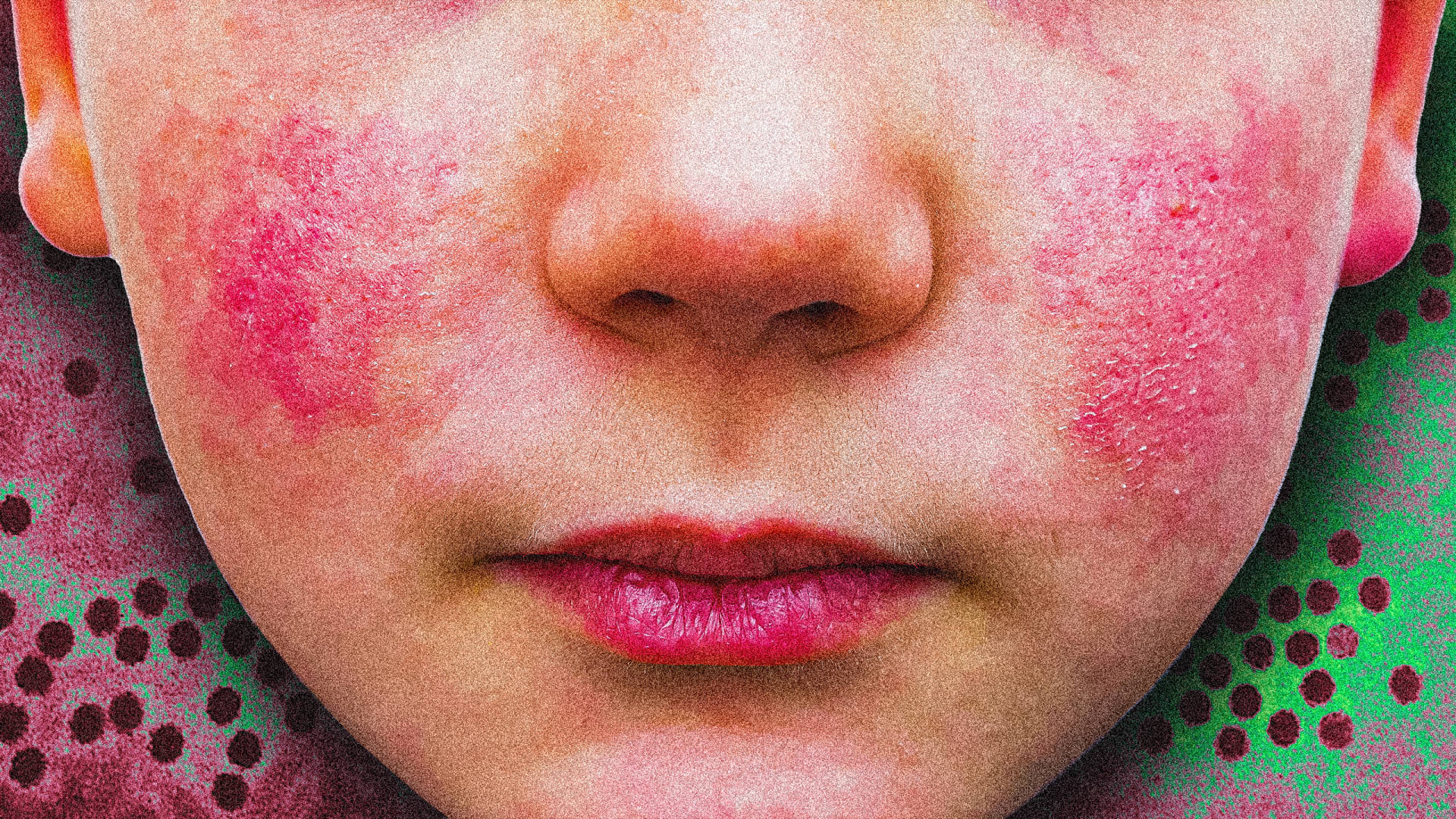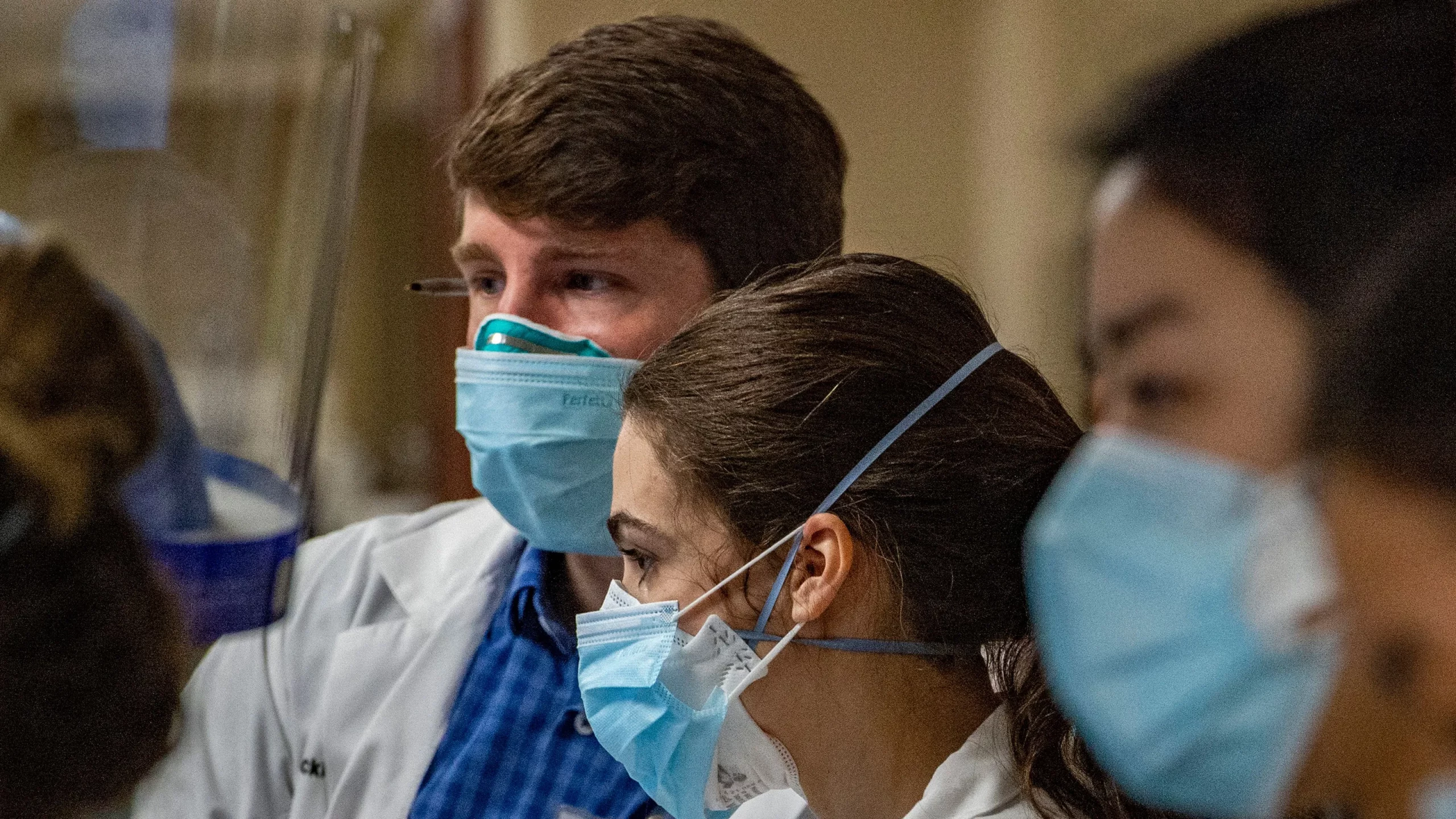On August 13, 2024, the U.S. Centers for Disease Control and Prevention (CDC) issued a warning regarding a rise in cases of parvovirus B19, commonly known as the “fifth disease.” This highly contagious respiratory virus is currently seeing increased incidence, particularly among young children. The CDC’s alert highlights the need for awareness and preventative measures to curb the spread of this virus.

Understanding Parvovirus B19
Parvovirus B19 is a seasonal respiratory virus that can be transmitted through respiratory droplets from individuals with either symptomatic or asymptomatic infections. The disease is often mild and manifests as flu-like symptoms. These initial symptoms can include muscle aches, fever, headache, and fatigue. In the disease’s second stage, individuals might develop a distinctive facial rash, often referred to as a “slapped cheek,” along with joint pain, swelling, and a general body rash.
Despite its generally mild nature, parvovirus B19 can present complications for certain groups. For most people, the infection resolves on its own over time, and treatment focuses on alleviating symptoms. However, individuals with weakened immune systems or blood disorders are at risk of more severe complications, such as anemia. Pregnant women are particularly vulnerable, as the virus can be transmitted from mother to fetus, potentially leading to adverse pregnancy outcomes, including miscarriage, with a reported risk of 5 to 10 percent.
Guidance and Precautions
The CDC advises that individuals with parvovirus B19 are most contagious in the early days of symptoms. By the time the rash appears, they are generally no longer contagious and can safely return to work or school. However, preventive measures remain crucial to controlling the spread of the virus. The CDC recommends basic hygiene practices to minimize transmission. This includes regular hand washing and the use of masks to cover the mouth and nose, as there are currently no vaccines available for parvovirus B19.

Implementing these precautions can help reduce the likelihood of infection and protect those who are most vulnerable. While parvovirus B19 is typically a mild illness that resolves without specific treatment, awareness, and precautionary measures are essential. The CDC’s alert underscores the importance of maintaining good hygiene and staying informed about the risks associated with this respiratory virus.
